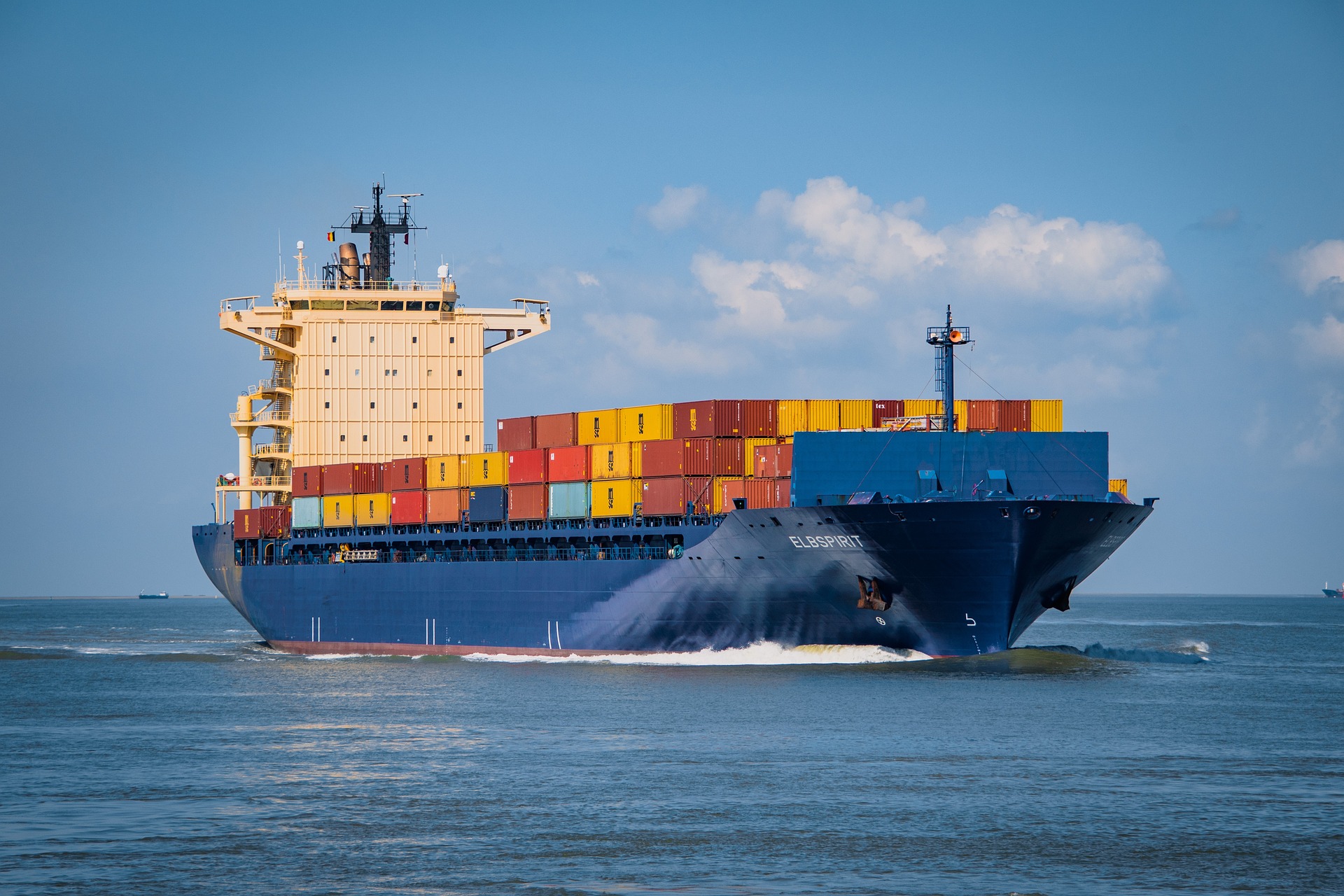The marine and rail industries could grow into significant markets for domestic renewable fuels in the future, a group of panelists at the 2024 Clean Fuels Conference said on Tuesday, but state and federal regulators must first create or bolster incentives to do so.
“You need incentives for the rail and marine industries that want to decarbonize,” Neville Fernandes, a vice president at Chevron REG told attendants at the conference hosted by Clean Fuels Alliance America.
“So, to support that, you need to monetize the value of the greenhouse gas emissions,” Fernandes said. “And you do that via policy.”
He added that, while “electrification is great and we can all look forward to the day when electrification is produced using low-carbon electricity or green electricity,” there needs to be a push in the interim to continue to replace higher carbon fuels “with low-carbon tools.”
And the marine and rail markets could be a strong avenue for doing so, as Fernandes noted that, “although [they] are hard to electrify, they are very easy to decarbonize using biodiesel and renewable diesel with today’s infrastructure, technology and production.”
And part of that push should include the alteration of certain incentives already on the books to “make sure there aren’t these inadvertent effects where you are excluding these major markets,” Fernandes said.
That exclusion is particularly notable for the marine industry, Fernandes said, as ocean-going vessels are currently unable to participate in the federal Renewable Fuel Standard that has for years driven demand for biofuels in the transportation fleet.
That roadblock could soon be removed under a bill introduced in early December
2023 by Rep. Mariannette Miller-Meeks (R-Iowa) and Rep. John Garamendi (D-California), which currently sits before House Committee on Energy and Commerce.
Fernandes went on to note that any new or revised federal policy should be equitable among all forms of transportation. He added, “when you look at policies like the LCFS or tax incentive policies, we need to be sure that they include these [rail and marine] applications that have not yet reached commercial scale and want to decarbonize,” Fernandes added.
Fernandes said that Chevron REG has been tackling this issue by working with original equipment manufacturers to certify the use of higher biofuel blends in their systems, which has so far resulted in several rail OEMs shifting their approved blending allowance from 11% biodiesel to 20% and trucking OEMs approving “much higher blends” like B30 as well.
But for those allowances to be of greater use, Fernandes said the federal government needs to make “policy changes which can incentivize and make sure that these fuels going into marine do generate credits.”
Hannah Campbell, demand specialist at the Michigan Soybean Committee, also noted that the group is “targeting those kind of corner markets” in the rail and marine sectors, and said that ample demand from both sectors is also currently stymied by the lack of a state incentive for blending certain renewable fuels.
“Right now, we have supply in Michigan, but a lot of it is leaving because we don’t have an incentive,” Campbell said.
Campbell noted that the group recently conducted a survey of 444 retail locations throughout the state that found only 2% offer a blend of biodiesel.
Fernandes concurred on this point, noting that Chevron REG does not currently ship any renewable fuels to Michigan as “policy drives our markets and where our customers are demanding [fuel].”
But that dynamic could soon shift, Campbell said, as the Michigan Legislature is currently weighing three separate bills that would, among other provisions, create a biodiesel tax credit, sustainable aviation fuel tax credit, and a Clean Fuel Standard similar in structure to California’s Low Carbon Fuel Standard.
The lack of significant renewable fuel use in the freight sector has also enacted a toll on public health, as Antoine Thompson, executive director at the Greater Washington Region Clean Cities Coalition, said that freight lines using traditional fuels can cause a variety of health issues for the communities that they pass through.
“We definitely want to continue to support those efforts for immediate low-carbon fuels in that [freight] sector,” Thompson said.

